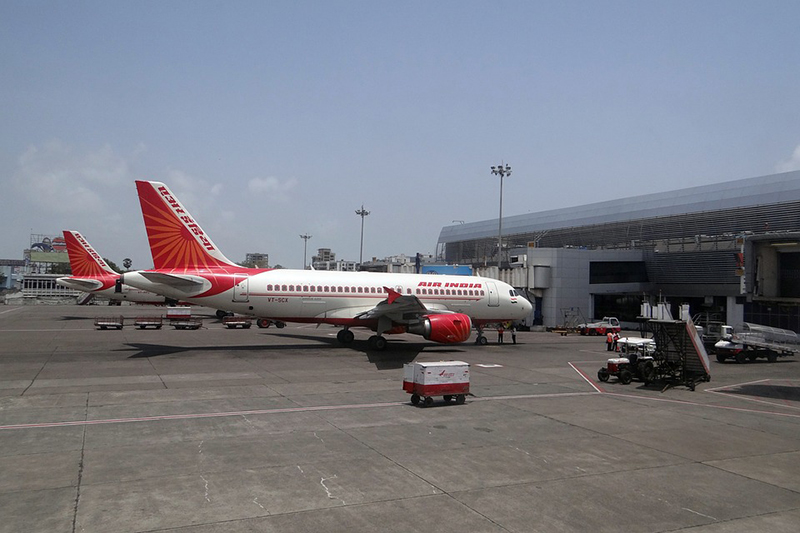 Air India
Air India Air India to save 15000 tonnes of jet fuel in 3 years with TaxiBot operations at Delhi and Bengaluru airports
New Delhi: Air India has signed an agreement with KSU Aviation to launch TaxiBot operations at Delhi and Bengaluru airports for its Airbus A320 Family of aircraft.
The strategic partnership is aligned with Air India’s commitment to reducing its carbon footprint, as the adoption of TaxiBots envisages a potential saving of nearly 15,000 tonnes in fuel consumption over three years.
Semi-robotic equipment TaxiBot, once attached to the aircraft, acts as an extension of the aircraft’s nose landing gear.
It is used to tow aircraft from the airport terminal gate to the taxi-out point and to tow aircraft from the terminal gate after landing (taxi-in phase) without utilising the aircraft’s engines, thus saving jet fuel.
The pioneering technology curbs fuel consumption, carbon emissions, noise levels, as well as costs for airlines.
Elaborating on the adoption of TaxiBot, Air India CEO & MD Campbell Wilson said, “The deployment of TaxiBots is one more example of our commitment to reduce emissions and fuel consumption. This collaboration with KSU will allow us to better assess the capabilities of TaxiBots, and potentially lead to greater deployment across Air India’s subsidiaries and other airports.”
Air India is investing in efficiency measures to adopt sustainability as part of its regular fleet operations — including inducting new aircraft, better procedures and driving operations with deployment of innovative technology.
Last year, the Air India group entered a Memorandum of Understanding with the Council of Scientific and Industrial Research (CSIR) – Indian Institute of Petroleum to collaborate on the research, development, and deployment of sustainable aviation fuels (SAFs).
KSU Aviation Director Dr. Ashwani Khanna, Director said, “We are excited about the formal induction of TaxiBot as part of Air India’s focussed approach to address its carbon footprint. Air India is undergoing a massive transformation and has adopted sustainable practices as an integral part of this journey. We are committed to partner with like-minded organisations like Air India to leverage modern day technology in reducing carbon footprint and accelerate the pursuit of being net zero.”
In October 2019, Air India, in a global first, used a TaxiBot on an Airbus A320 aircraft operating a commercial flight with passengers on board.
Support Our Journalism
We cannot do without you.. your contribution supports unbiased journalism
IBNS is not driven by any ism- not wokeism, not racism, not skewed secularism, not hyper right-wing or left liberal ideals, nor by any hardline religious beliefs or hyper nationalism. We want to serve you good old objective news, as they are. We do not judge or preach. We let people decide for themselves. We only try to present factual and well-sourced news.







